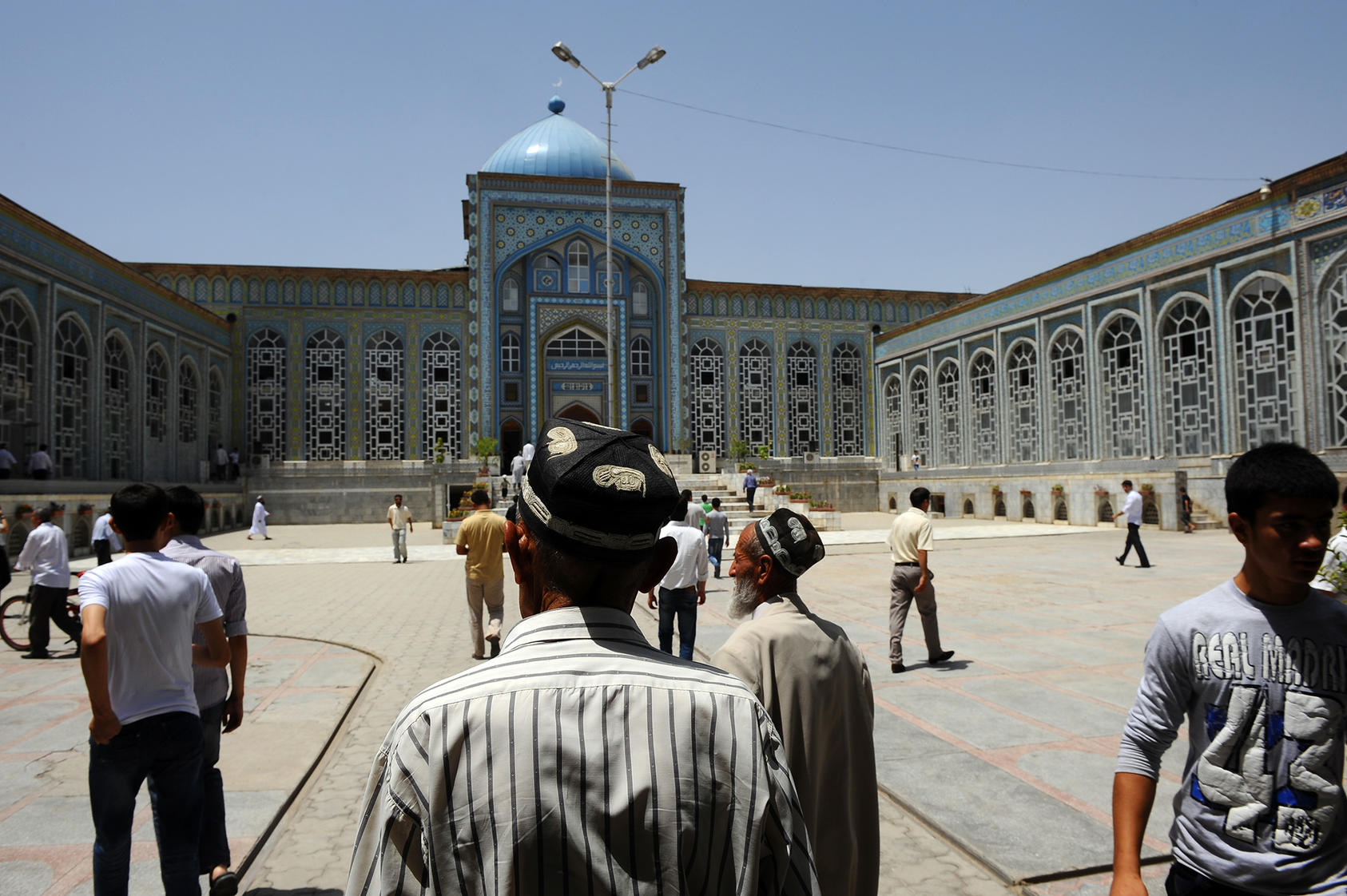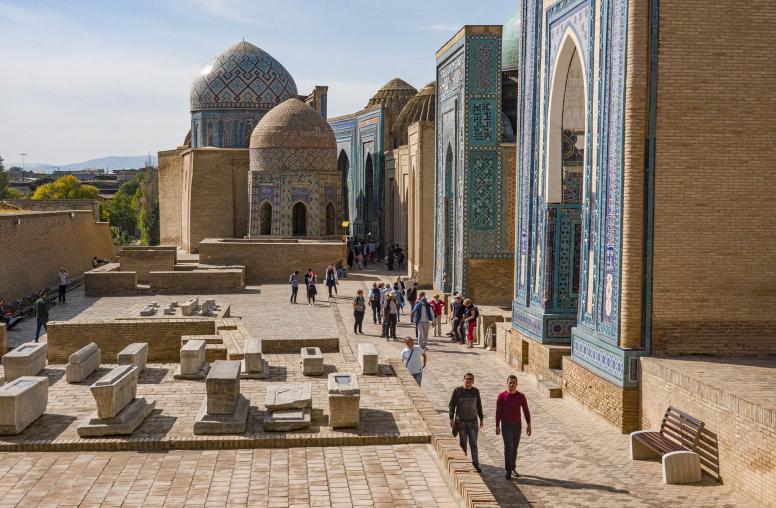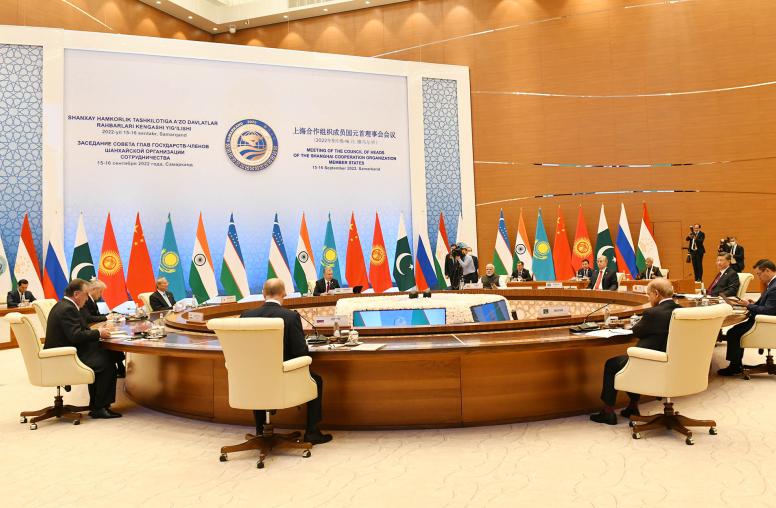Processes of Reintegrating Central Asian Returnees from Syria and Iraq
In the wake of the loss of the Islamic State’s territorial holdings, the return of foreign fighters and their families to their home countries is a top international concern. Among the short list of governments that have initiated repatriation programs, the Central Asian republics of Kazakhstan, Tajikistan, and Uzbekistan stand out. This report examines the different approaches the three countries have taken and draws important lessons for other nations considering their own repatriation and reintegration programs.

Summary
- The return of foreign fighters and families who traveled to Iraq and Syria to live with the Islamic State is a pressing policy and security matter. Although self-initiated returns have occurred in some countries, state-organized repatriations have been conducted by only a few, led by Kazakhstan, Tajikistan, and Uzbekistan.
- These nations differ considerably in their approaches. Kazakhstan emphasizes the deradicalization of returnees, Tajikistan highlights pragmatic state protectionism, and Uzbekistan practices the organic social reabsorption of repatriates.
- The legal and criminal processing of returnees also differ markedly among the three nations, but in each case, the process has allowed the governments to monitor repatriated persons for security purposes.
- After years of state demonization of citizens who went to Syria and Iraq, management of their return has mostly neglected to address resulting social stigmatization. Ameliorating the stigma is particularly critical in receiving communities, which bear much of the burden of reintegration with limited resources.
- The different approaches to repatriation pursued in Central Asia present an important comparative learning opportunity for other countries considering their own reintegration programs.
About the Report
This report examines three different state-sponsored reintegration processes for persons repatriated from the conflict zones in Syria and Iraq to Kazakhstan, Tajikistan, and Uzbekistan. The different rationales underlying each approach should be instructive for countries considering repatriation and reintegration. The report is based on a research project funded by the United States Institute of Peace and implemented by Swordfish Consulting International, LLC.
About the Authors
William B. Farrell is principal consultant at Swordfish Consulting International, LLC, and serves on the faculty of the University of Maine. Rustam Burnashev is a professor at the Kazakh-German University in Almaty, Kazakhstan. Rustam Azizi is deputy director of the Center for Islamic Studies under the president of the Republic of Tajikistan. Bakhtiyar Babadjanov is a professor who has served at universities in Tashkent, Uzbekistan, and abroad.



